The 2020
Conscious
Fashion
Report
Sustainability has rightly become a hot topic within the fashion industry, inspiring some brands to launch new initiatives, share more information with their customers, and set new targets to do better. Over the last 12 months, over 20 million fashion products were uploaded onto Lyst, and more than 100 million shoppers used our platform to start their search and decide what to buy. To analyse how much the shifts in the industry are actually affecting customer behaviour, we looked at the numbers, taking into account global Lyst and Google search data, active browsing page views and conversion rates and sales, as well as the global media coverage and social media mentioned generated between February 2019 and February 2020.
To compile the results and align on the definition of what makes a ‘sustainable’ brand, we partnered with Good On You, an organisation that helps shoppers make better purchasing decisions by rating companies based on three principles: People, Planet and Animals. Our research shows that, for some customers, we are starting to see a shift towards searching and shopping in a more conscious way. In this report we’ve focused on the products, brands and designers that advocate responsible practices, breaking down the signals that we have seen.
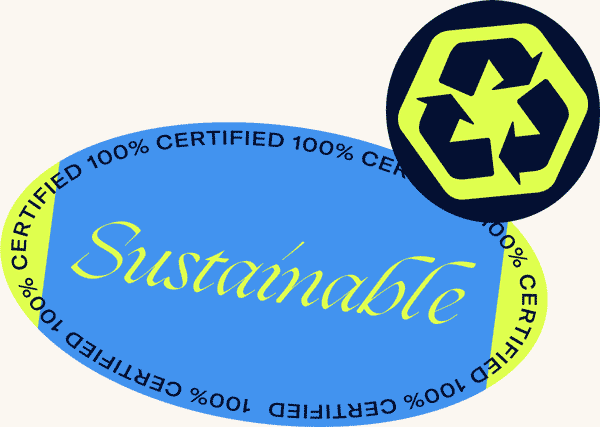
What does sustainable fashion mean?
Good On You: Sustainable fashion means protecting the future of our planet and its people when we design, create and wear our clothes. This includes carefully managing resource use to reduce waste and climate impacts, protecting the welfare of animals, and ensuring the safety and fair treatment of workers all the way down the supply chain. Empowering shoppers to know the impact of brands will have a huge impact on the sustainability of fashion.
Most Wanted
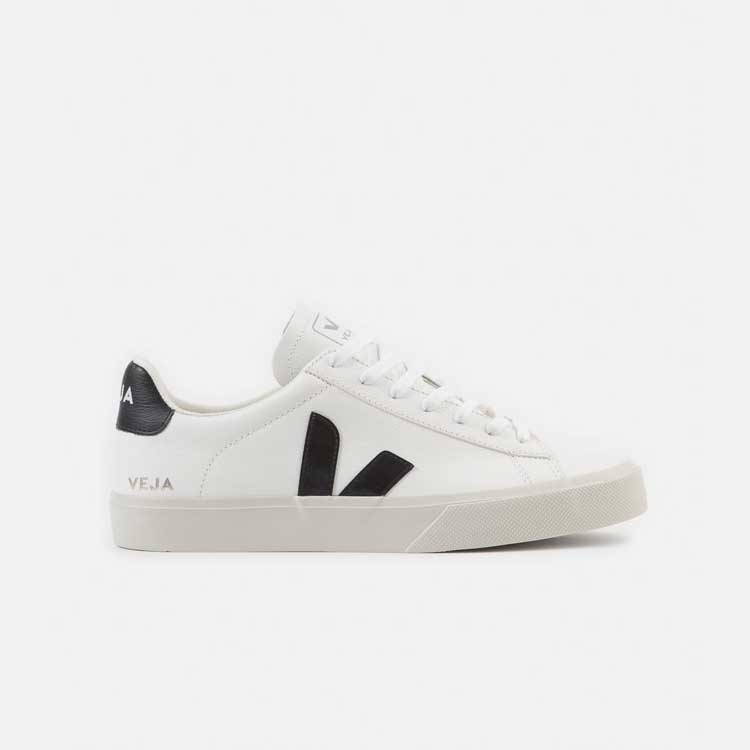
Veja — Campo Sneakers
Rated: Good (4/5)
Veja is the most searched for sustainable sneaker brand on Lyst. Searches for the French label are consistently growing and are currently up 115% year-on-year. Equally popular among men and women, the Veja Campo sneakers have been the most wanted non-leather product on Lyst over the past 12 months.
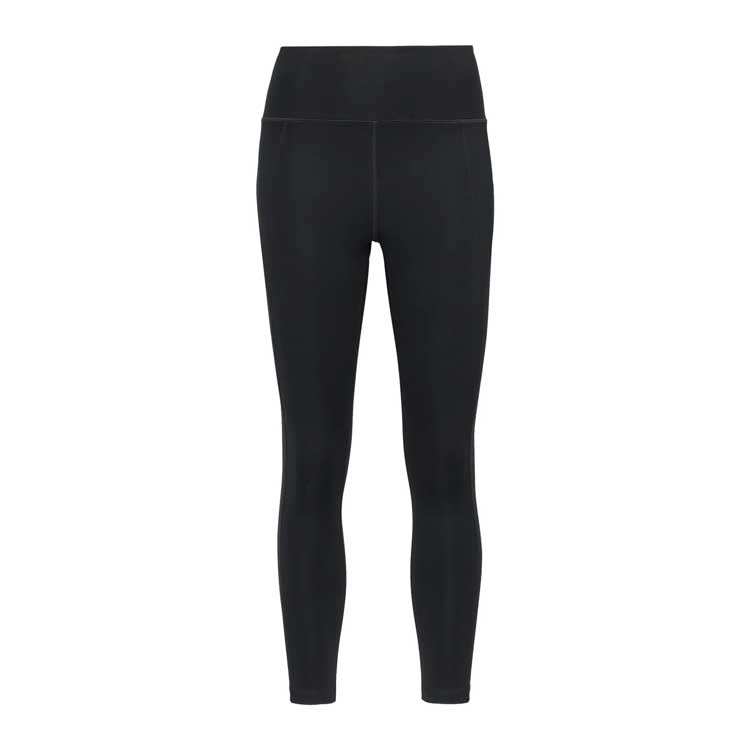
Girlfriend Collective — High-rise leggings
Rated: Good (4/5)
Interest for “sustainable activewear” is at an all-time high, with Girlfriend Collective being one of the most searched brands. Made using recycled water bottles, the brand’s leggings have seen a steady increase in demand: page views are up 244% year-on-year on Lyst.
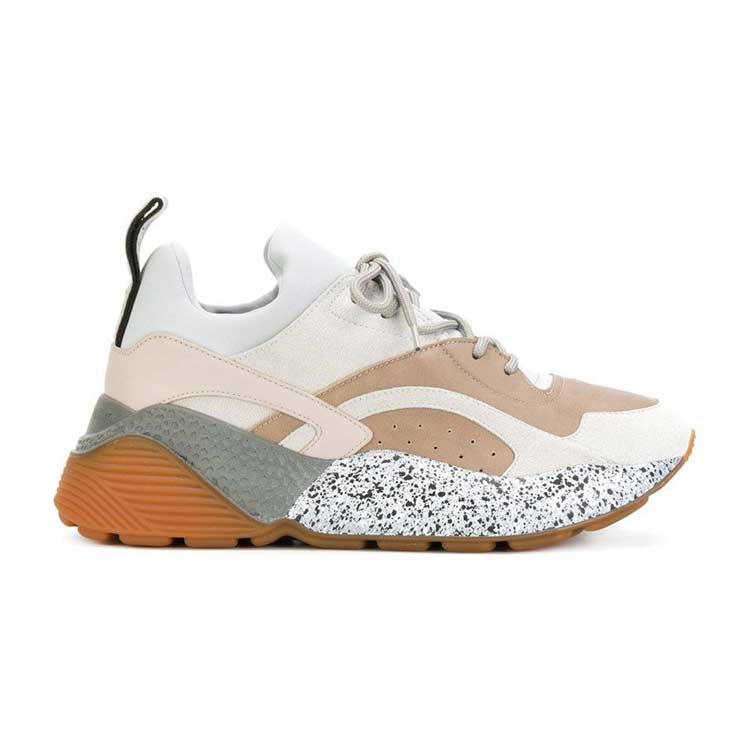
Stella McCartney — Eclypse Sneakers
Rated: Good (4/5)
Made entirely out of non-leather materials, the Stella McCartney Eclypse sneakers are some of the most searched sustainable shoes on Lyst. “Rainbow Eclypse sneakers” became a breakout search term when Taylor Swift wore a tie-dye version of the sneakers during her 2019 Wango Tango performance: in the following 48 hours, demand for Eclypse sneakers spiked 126%.

Patagonia — Lone Mountain Parka
Rated: Good (4/5)
Over the past 12 months, there have been over 100,000 searches for Patagonia jackets. The brand’s Lone Mountain Parka has proven particularly popular among male customers: in that time period, page views for the style increased 60%, peaking in November.
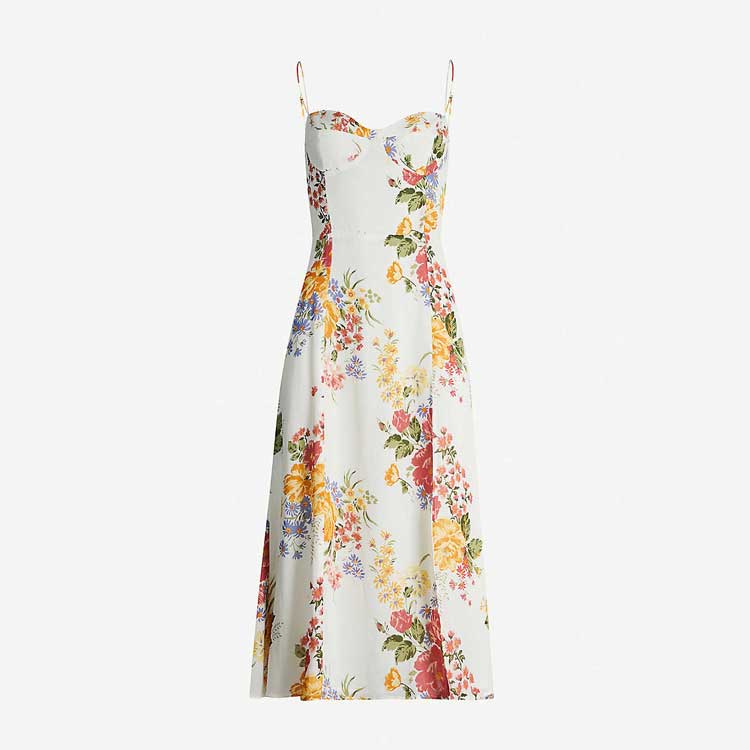
Reformation — Juliette Dress
Rated: Good (4/5)
With over 70,000 searches for Reformation dresses over the past year, demand for the label’s pieces has been steadily growing, and page views are currently up 41% year-on-year. From June to September, the Juliette dress generated breakout searches on Lyst and became one of the hottest women’s products in the third quarter of The Lyst Index.
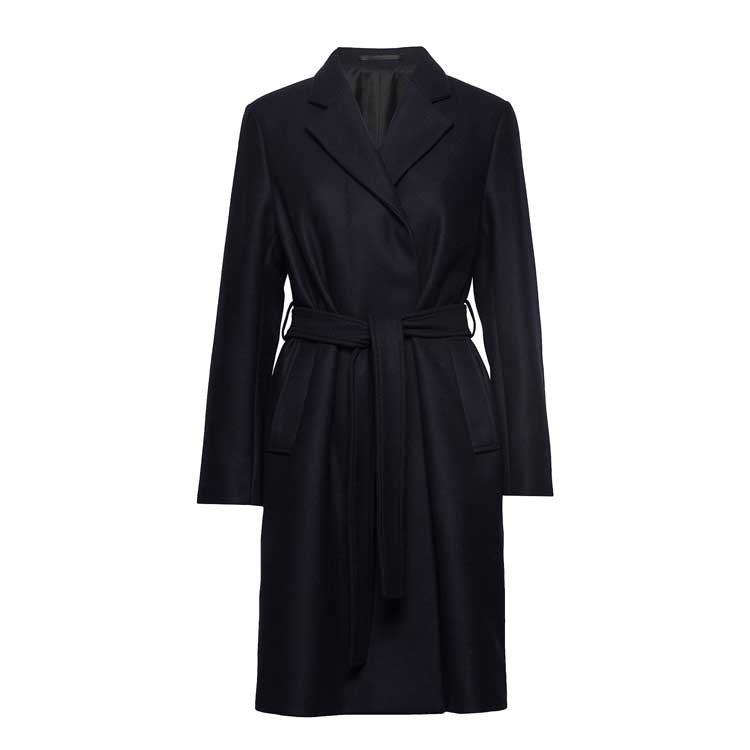
Filippa K — Eden Coat
Rated: Good (4/5)
Made from 100% recycled polyester from plastic bottles, the Eden coat from Swedish brand Filippa K has been one of the most popular items of the past six months: searches have increased 427% since October.
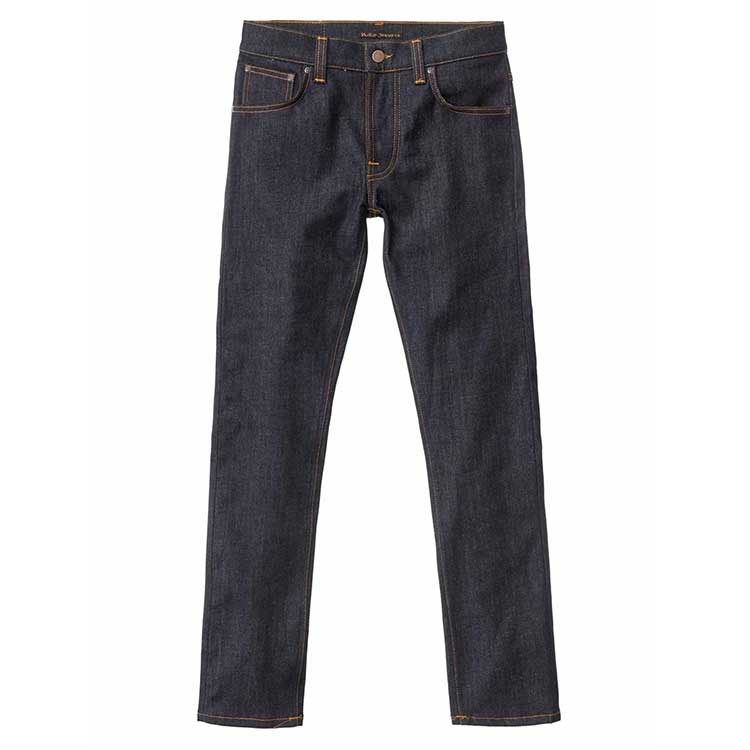
Nudie Jeans — Grim Tim Dry Denim
Rated: Good (4/5)
With a rise in interest for eco-conscious denim, Nudie Jeans is seeing a growth in demand. Since the beginning of September, the brand — which offers free repairs for life — has seen a 57% increase in searches. The Grim Tim Dry Denim jeans are the brand’s most wanted product among male customers.
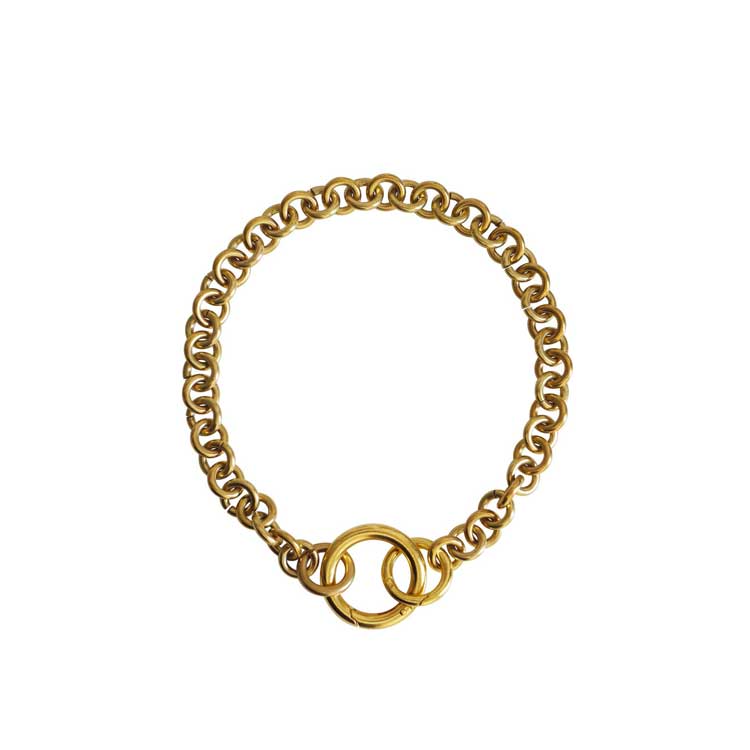
Laura Lombardi — Fede Necklace
Rated: Good (4/5)
Launched in 2010 and endorsed by many celebrities over the years — from Emma Watson to Amber Valletta and Michelle Obama — searches for Laura Lombardi are up 159% year-on-year. Over the past six months, the chunky Fede Necklace has been searched, on average, 2,000 times a month and is currently sold out at most retailers.
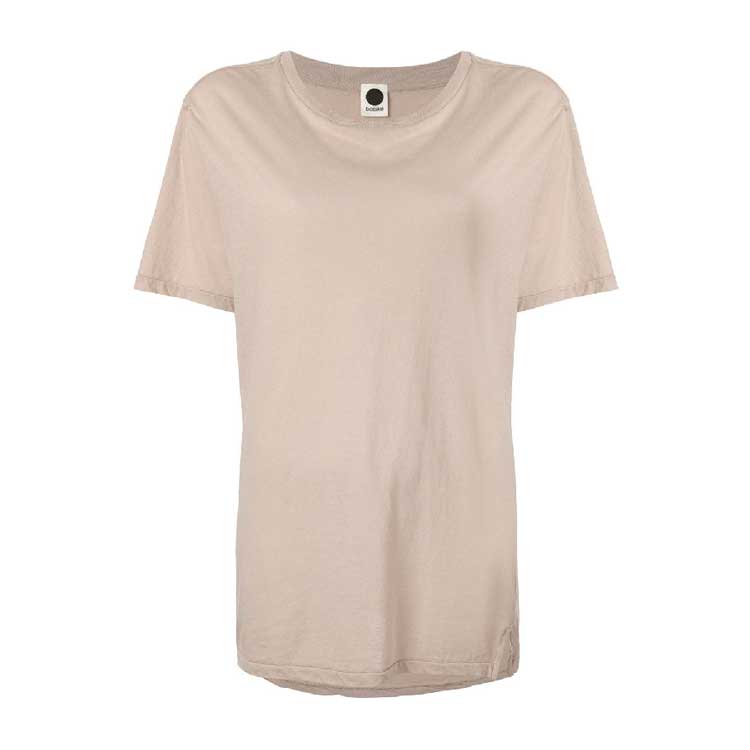
Bassike — Classic Organic T-shirt
Rated: It’s a start (3/5)
Searches for “Bassike clothing” have increased 70% over the past year, with the brand’s classic T-shirts being the most wanted products. Made entirely from 100% organic cotton, they have contributed to a 58% increase in page views for the Australian brand on Lyst from September to November.
* These ratings are from Good On You and are based on their rating system.
How We Searched
By Materials
Searches for “vegan leather” have increased by 69% year-on-year, averaging 33,100 online monthly searches, while searches for “faux leather” remain constant — this data suggests that customers tend to respond more positively to the keyword “vegan” rather than “faux.” Demand for “eco vegan leather” has also been increasing over the past year, showing that shoppers are becoming conscious of the fact that not all vegan options are environmentally friendly. Meanwhile, searches for leather have decreased by 3.5% year-on-year.
Since November, searches for “organic cotton” have risen by 23%, while “recycled plastic” has seen a 35% rise in interest since January. Demand for Adidas recycled plastic sneakers has been particularly high, resulting in a 305% increase in page views for the brand’s shoes. Fashion searches including the keyword “biodegradable” have also increased 10% since the beginning of the year.
Meanwhile, searches for real fur have slowed down, decreasing 8% year-on-year. Despite what appears to be a decrease in interest for products made with real fur, Canada Goose — a brand known for its fur-trimmed parkas — made its first appearance in The Lyst Index’s hottest brands ranking in the fourth quarter, climbing 14 places into 18th position.
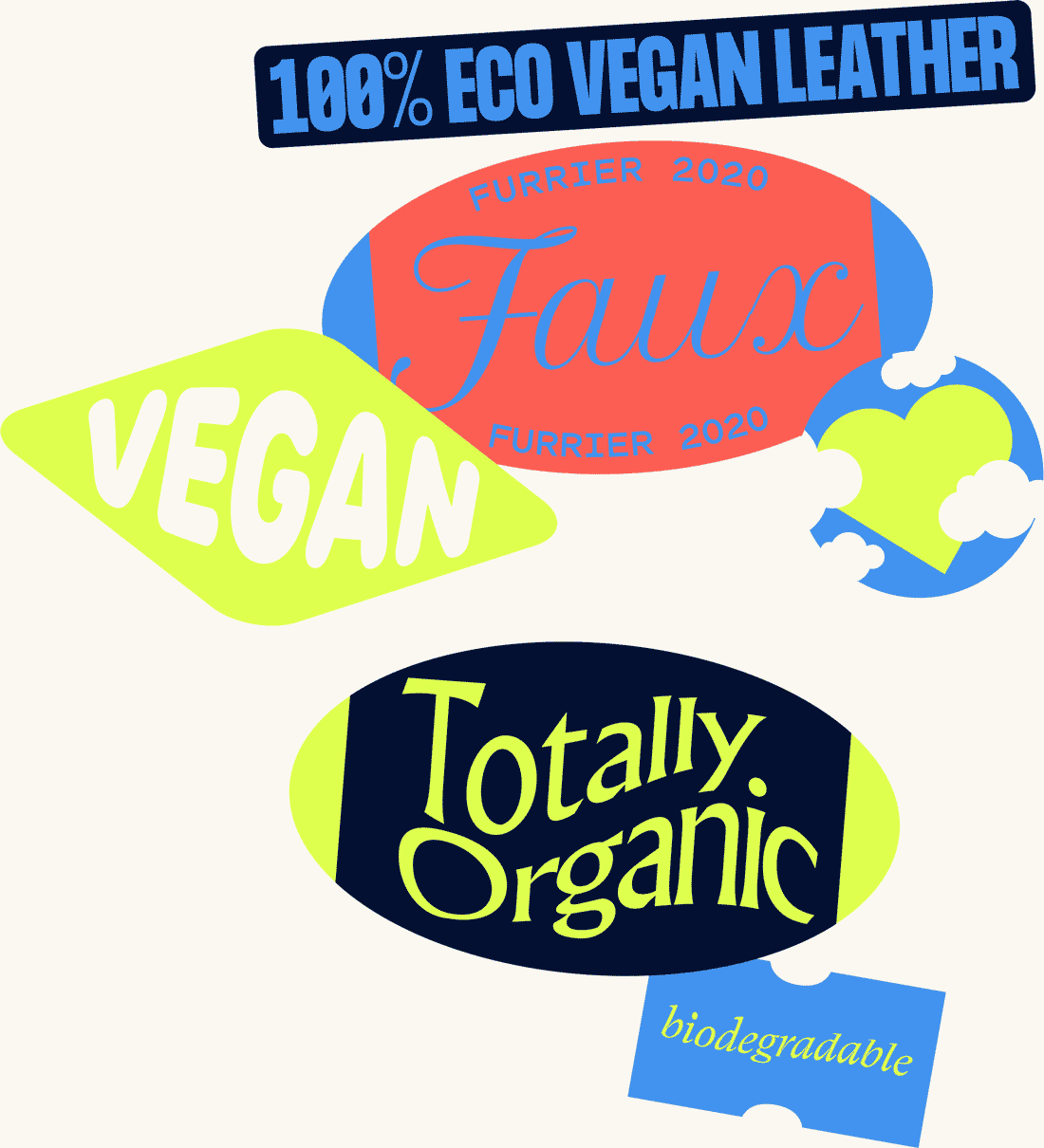
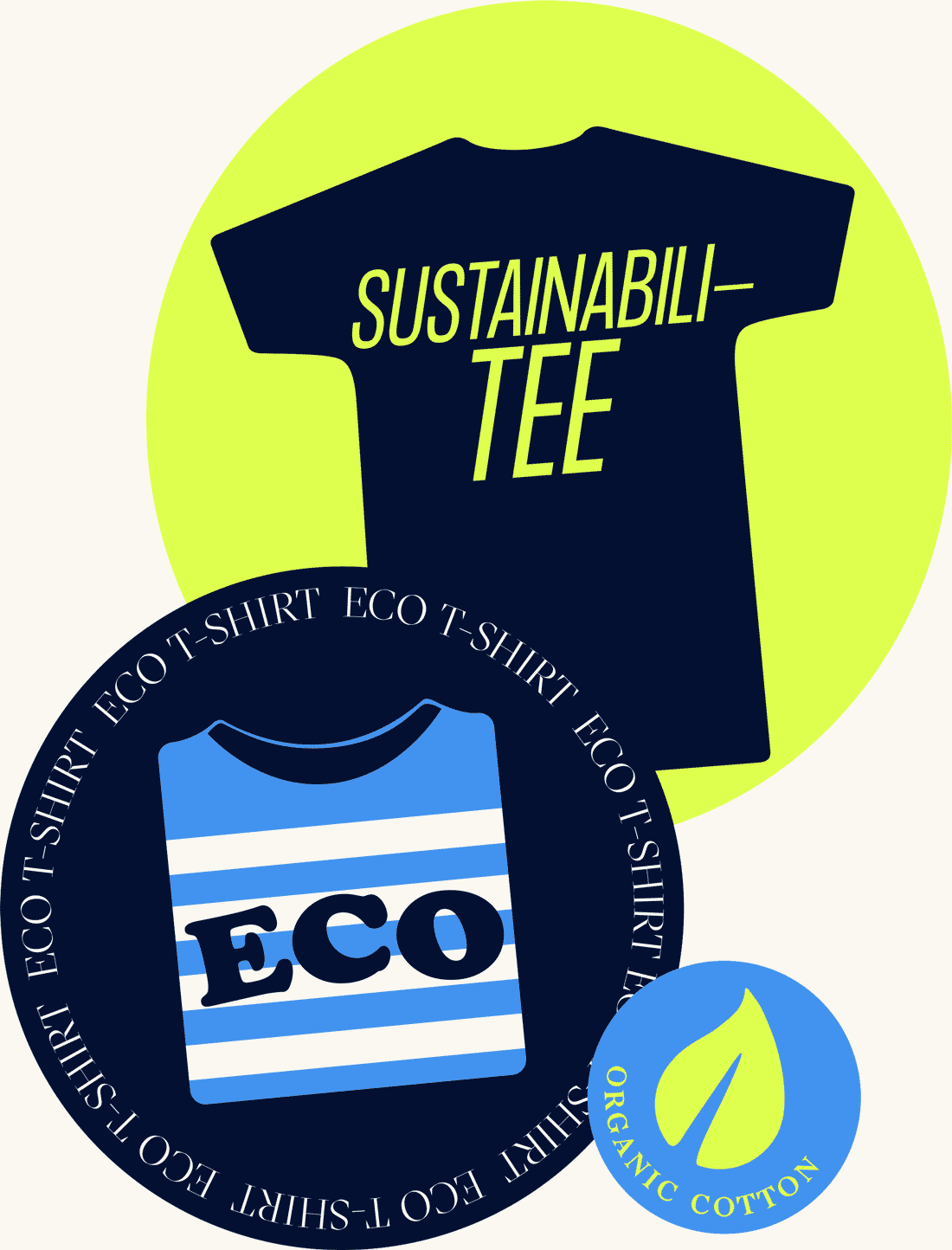
By Product Category
While sneakers and denim remain two of the most wanted product categories when it comes to sustainable fashion — growing 142% and 108% respectively year-on-year — trending searches reveal that customers’ interests have been shifting. Search data shows that interest in “repurposed jewellery” has increased 90% year-on-year, while searches for “ethical jewellery” are up 60% over the same period.
Averaging over 1,000 monthly searches, “eco t-shirts” are trending alongside “sustainable activewear,” for which searches are at an all time high, having increased 151% year-on-year. Outerwear is another popular category, 2 out of the most wanted eco-conscious products being coats. Searches for sustainable jackets have increased 41% since November, with “sustainable puffer jacket” and “vegan leather jackets” being the most commonly searched terms on Lyst.
Sustainable swimwear is a fast-growing category: searches are up 65% year-on-year, with demand for environmentally-friendly bikinis and swimsuits mostly coming from Australia, followed by the UK and the US. However, while fast-fashion brands such as ASOS and Weekday are seeing a rise in interest for their swimwear lines made of recycled materials, the main collections remain at the top of customers’ shopping lists: last June, the most wanted swimwear piece on Lyst was the ASOS mix and match long sleeve tie front bikini, which is made from synthetic fabrics such as polyester and elastane.
By Keyword
Since the beginning of 2020, Lyst has seen a 37% increase in searches for sustainability-related keywords, with the average monthly searches increasing from 27,000 in 2019 to over 32,000 year to date. Over the past three months, searches for “upcycled fashion” have grown 42%. Meanwhile, demand for “second-hand” and “pre-owned” fashion pieces has increased by 45% since November; sneakers, watches and handbags are the most searched for categories alongside those keywords.
Over the past 12 months, the term “slow fashion” has been responsible for over 90 million social impressions, suggesting the beginning of a shift in shopping behaviours. Globally, there have been 45% more searches for sustainable womenswear brands than sustainable menswear brands.
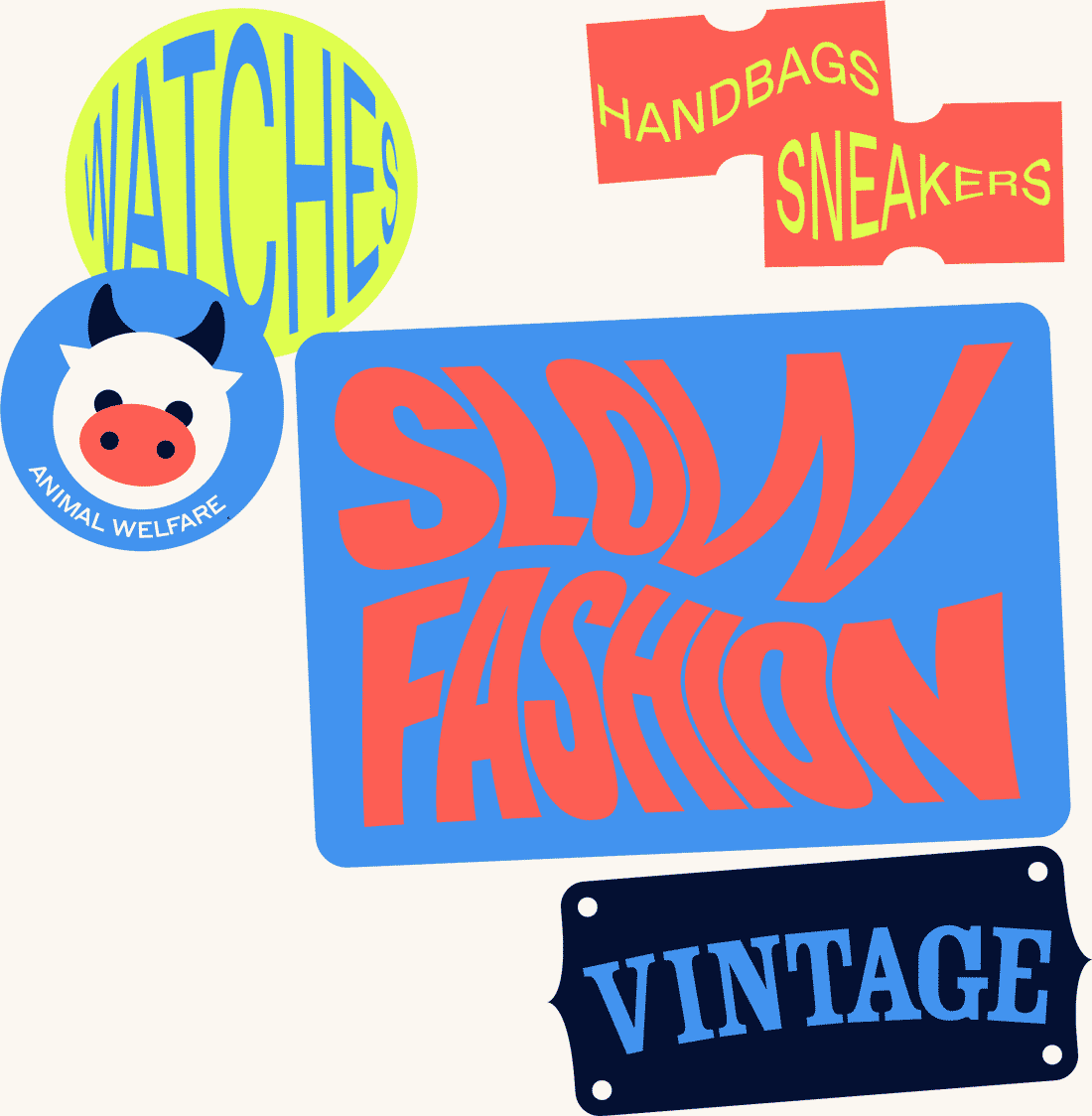
Brands to Watch

Mother of Pearl
Rated: Good (4/5)
Pageviews for the London-based brand — which uses natural fibres from certified suppliers in the majority of its collections — are currently up 26% year-on-year. In November, after the eco-label announced that it was joining forces with department store John Lewis to launch an exclusive sustainable collection in April 2020, searches for the brand rose 50%. Meanwhile, during London Fashion Week, founder and creative director Amy Powny launched #FASHIONOURFUTURE, a new social media pledge-driven campaign that resulted in almost 4K followers and 1,000 social mentions in less than a week.
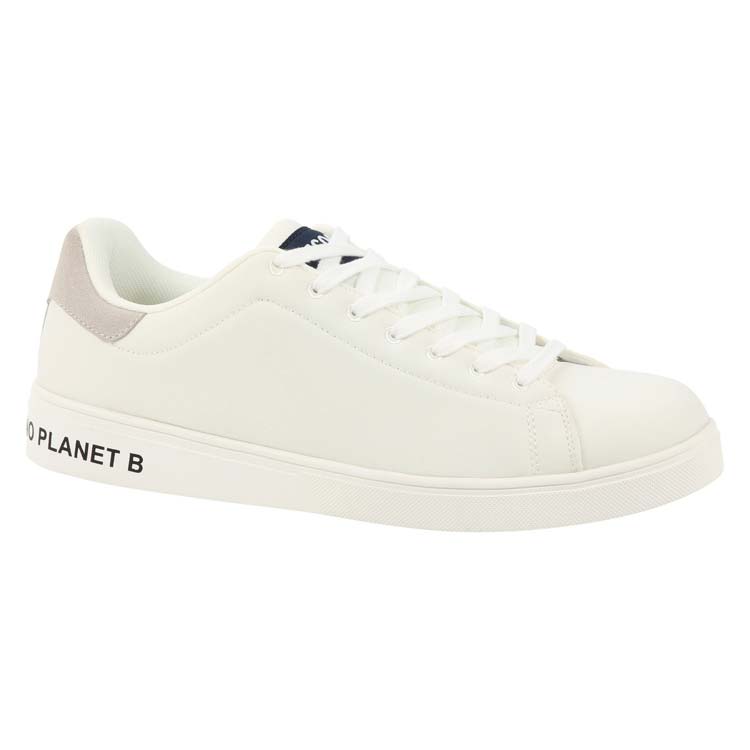
Ecoalf
Rated: Good (4/5)
Ecoalf’s latest collaboration with Desigual — which launched in December and is entirely made from waste and recycled raw materials — has sparked a 145% spike in searches for the brand. Over the past year, the Spanish label’s manifesto, #BecausethereisnoplanetB, has received more than 17,000 social mentions, while its signature “There is no planet B” white sneakers have seen a 262% rise in searches since December.
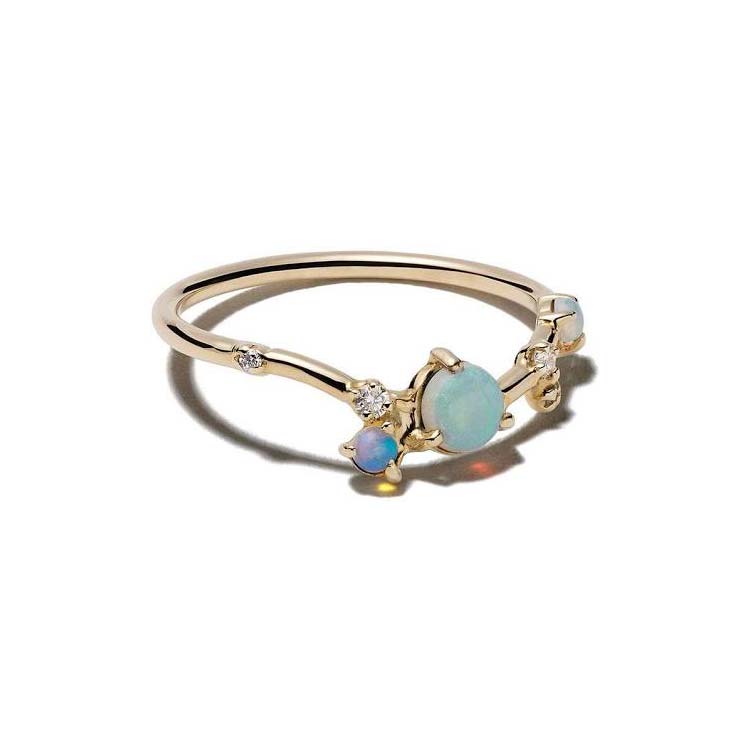
WWAKE
Rated: Good (4/5)
Searches for WWAKE have increased 22% year-on-year. Inspired by tradition and endorsed by the likes of Meghan Markle, Rihanna, Emma Watson and Cate Blanchett, the sustainably-minded jewellery brand uses eco-friendly materials and produces in-house. WWAKE designs proved to be particularly popular over the Christmas period: searches for the brand increased 52% between November and December, with earrings being the brand’s most popular pieces on Lyst.

Maggie Marilyn
Rated: Good (4/5)
Since launching Maggie Marilyn in 2016, Kiwi designer Maggie Hewitt has made her mark on the sustainable fashion scene by primarily focusing on building a brand that champions transparency and cares for the planet. Worn by Meghan Markle during the 2018 royal tour of New Zealand, the brand saw a 96% spike in page views in August 2019 during New Zealand Fashion Week. Demand for the label has increased 19% year-on-year.
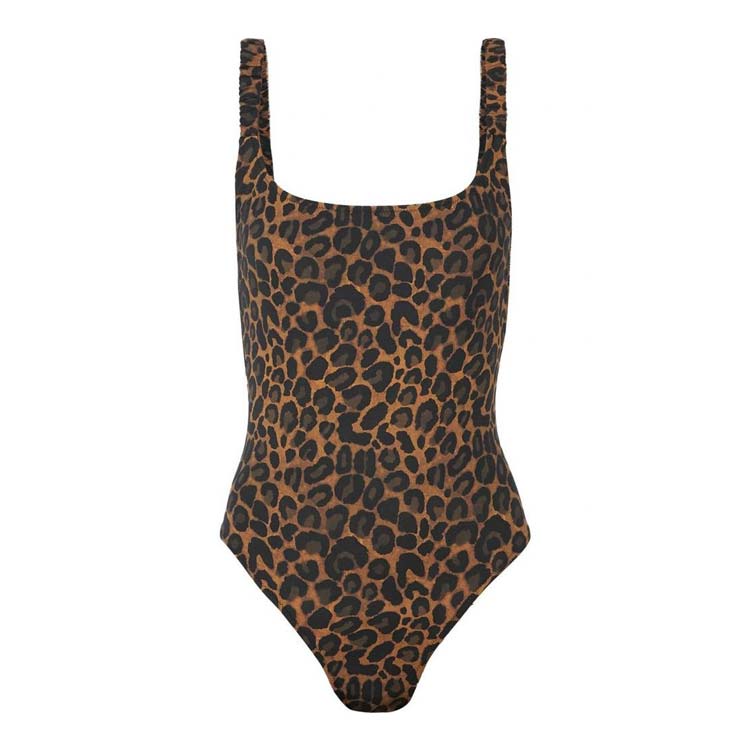
Fisch
Rated: It’s a start (3/5)
Searches for Fisch — a brand known for its collections of swimwear made from ECONYL and worn by the likes of Gigi Hadid and Pernille Teisbaek — are currently up 16% year-on-year. In January, the label saw a 78% spike in searches after model Elsa Hosk shared a picture of her pink Fisch bikini on Instagram.
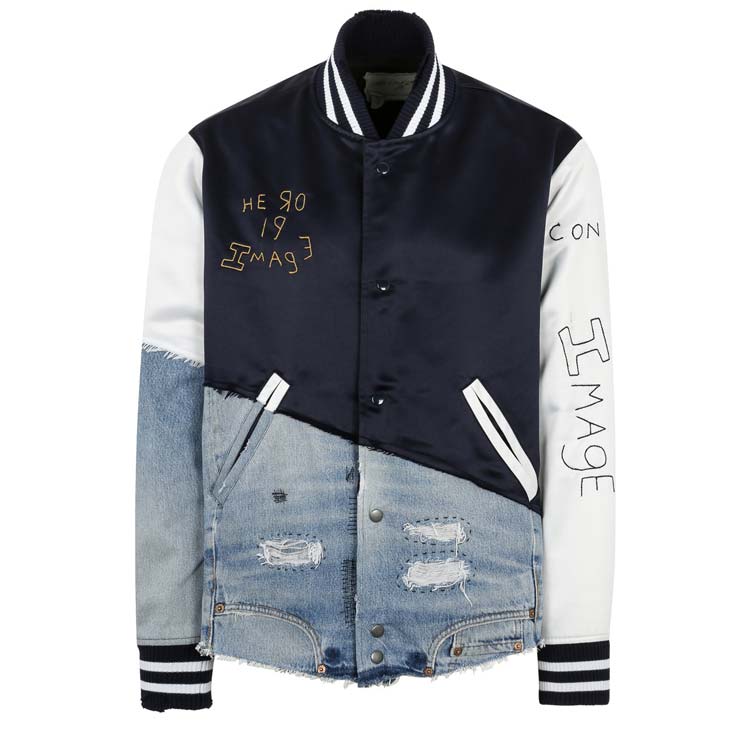
Greg Lauren
Rated: Good (4/5)
Searches for the experimental American brand, which is all about upcycled fashion and specialises in creating luxurious, one-of-a-kind pieces with a deconstructed style, are up 21% quarter-on-quarter. Jackets are the label’s most popular category: searches have increased 47% year-on-year.
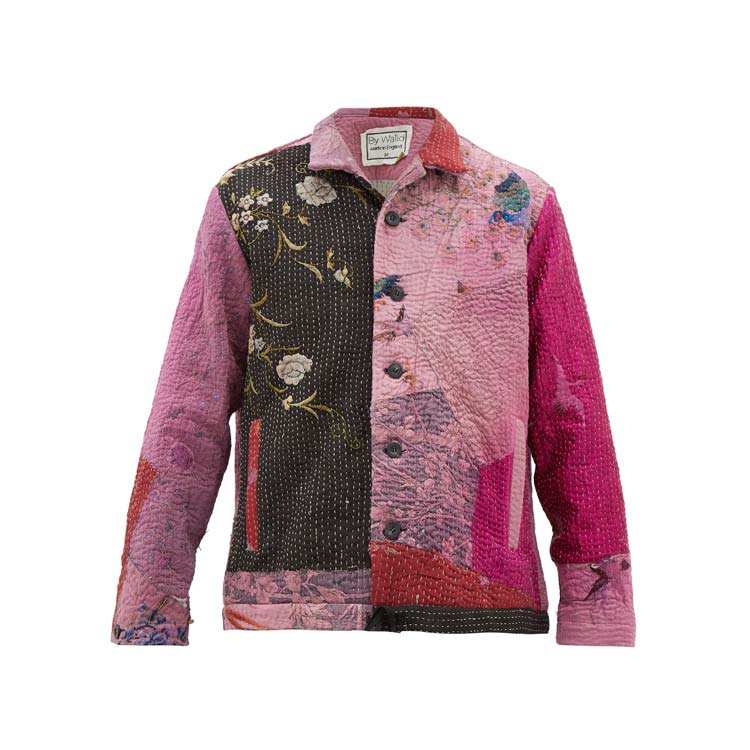
By Walid
Rated: Good (4/5)
Established in 2011 by British-Iraqi designer Walid Damirji, By Walid offers tailored pieces made from sustainable antique textiles. The brand’s philosophy around “luxury of zero waste” means that it’s able to create unique pieces — ranging from patchwork sneakers to occasion outerwear — and searches have increased 23% year-on-year.
* These ratings are from Good On You and are based on their rating system.
The Moments
That Made Us Search
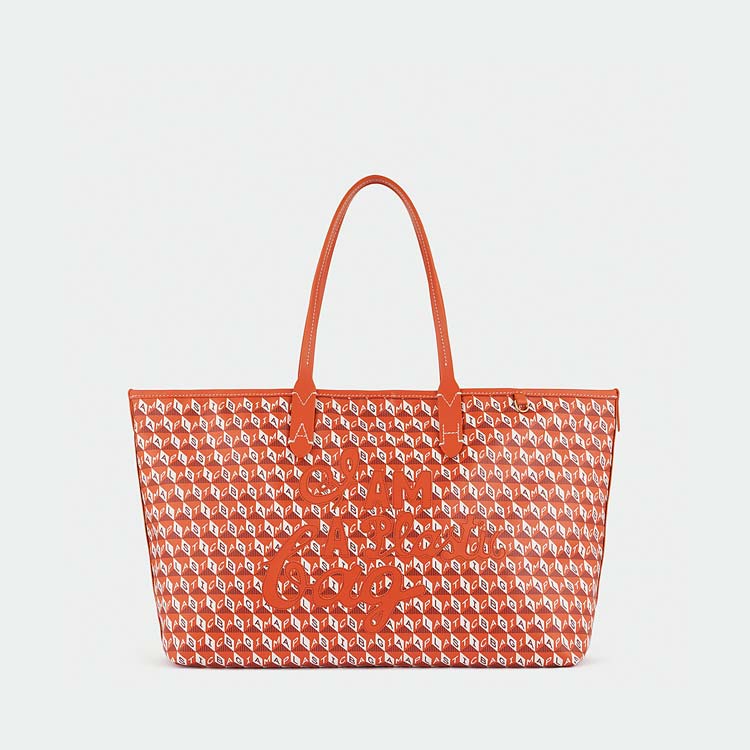
February 2020: Anya Hindmarch launches “I Am A Plastic Bag”
Thirteen years after the successful launch of her “I’m Not A Plastic Bag” collection of canvas totes, Anya Hindmarch released a new eco tote bag to coincide with London Fashion Week. Entitled “I Am A Plastic Bag” and made from recycled plastic bottles, the new accessory contributed to a 34% rise in searches for the brand month-on-month. Following the launch of the designer’s campaign, searches for the term “recycled plastic” rose 27% week-on-week.
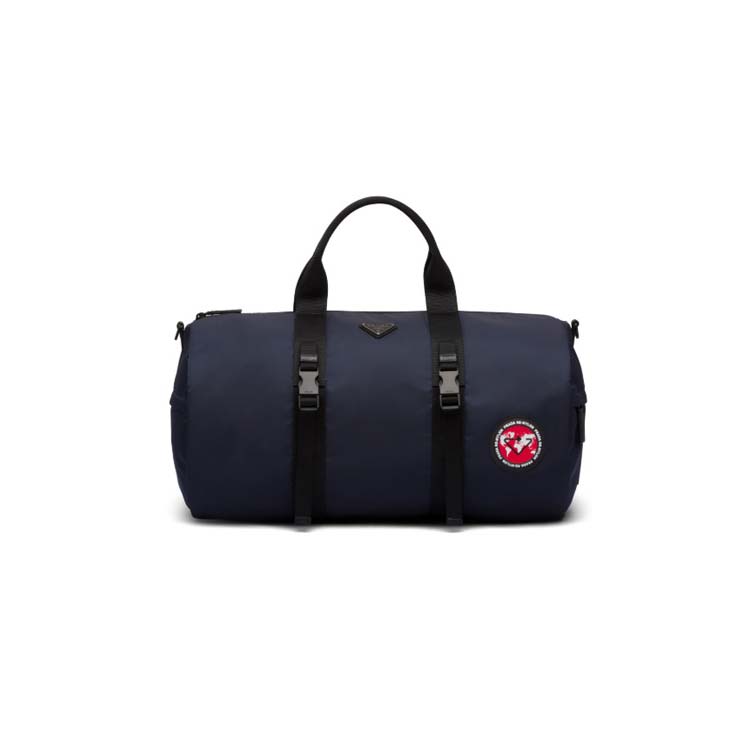
February 2020: Meghan Markle carries a Prada duffle bag made from recycled fabrics
In February, Meghan Markle was spotted carrying a duffle bag from Prada’s Re-Nylon collection, which is made with ocean waste and recycled plastic bottles. The following day, searches for the brand increased 12% on Lyst.
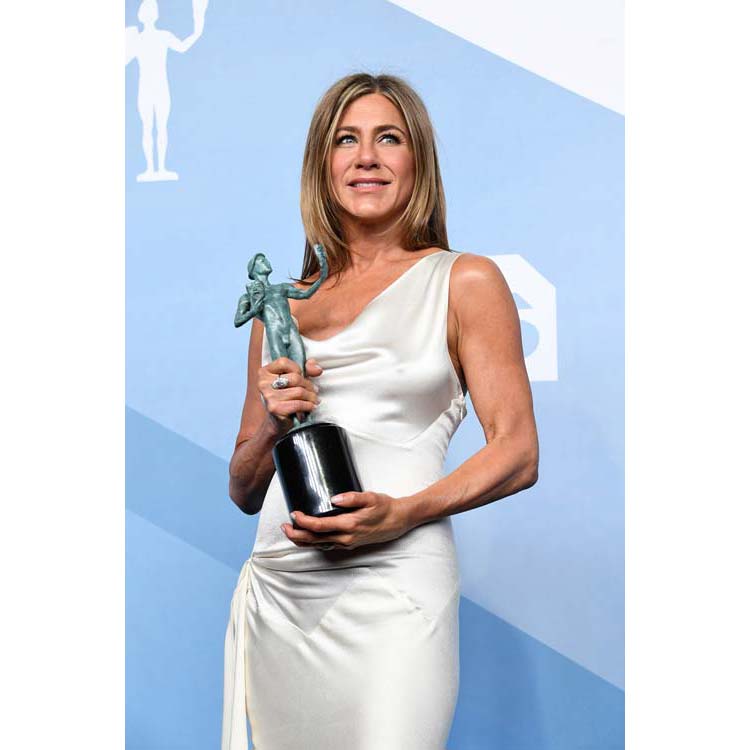
January 2020: Jennifer Aniston wears a vintage dress to the SAG Awards
In the 48 hours following Jennifer Aniston’s appearance at the 2020 SAG Awards, where she wore a vintage Christian Dior by John Galliano gown, searches for vintage dresses increased 40% on Lyst.
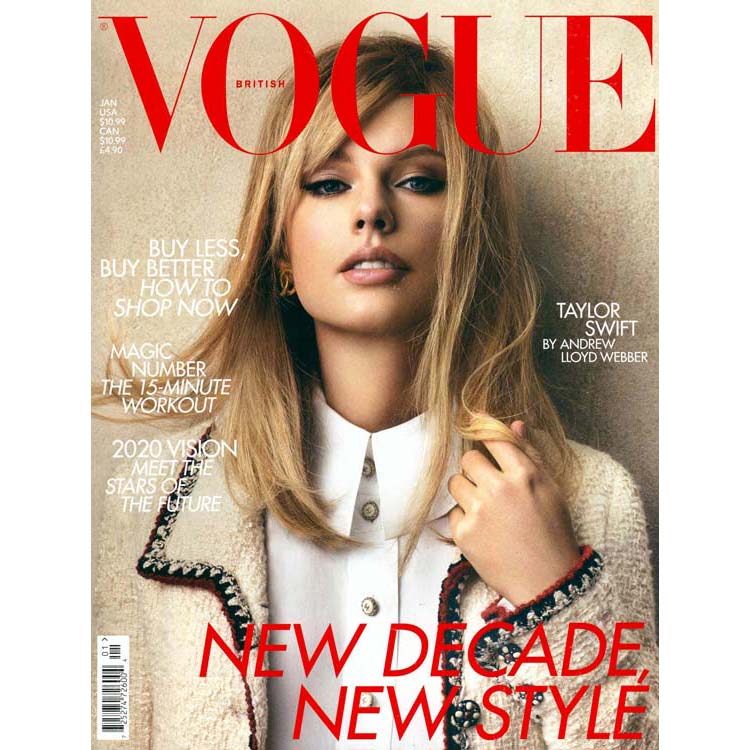
January 2020: Taylor Swift wears a vintage Chanel jacket on the cover of British Vogue
In January, searches for vintage Chanel jackets increased 74% after it was revealed that Taylor Swift had worn a piece from the Chanel archives on the cover of British Vogue. Chanel is among the 3 most wanted pre-owned brands across Vestiaire Collective.
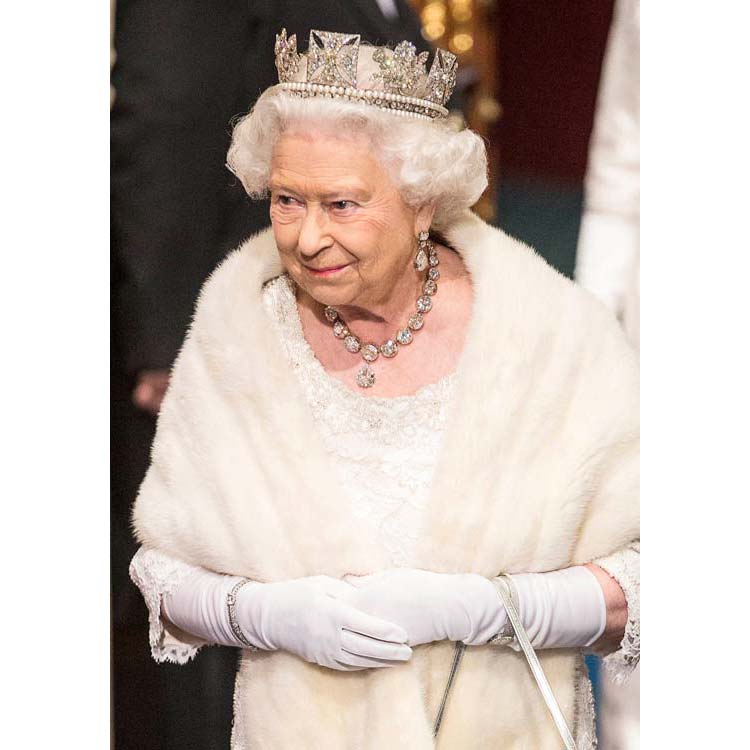
November 2019: Buckingham Palace announces that the Queen will no longer wear real fur
In November, following the announcement that the Queen would no longer be wearing real fur, page views of “faux-fur” products rose by 52%. Between 2018 and 2019, searches for the term “eco fur” increased 150%.
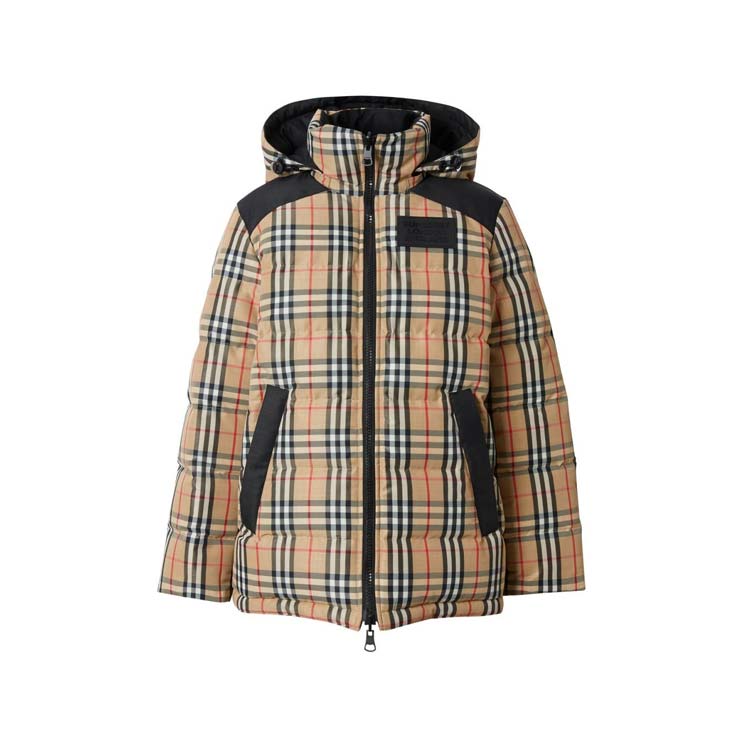
June - August 2019: Prada and Burberry launch capsule collections made from ECONYL
Over the summer, Prada and Burberry both launched capsule collections made from ECONYL, a fabric that is made out of synthetic waste such as industrial plastic, waste fabric and fishing nets. After Prada released its products in June, searches for ECONYL peaked, rising 102%.
Searches by
Countries
Denmark: +114%
- Denmark is the country that has seen the biggest year-on-year growth in searches for sustainable fashion, with the highest percentage of searches coming from Copenhagen.
- When buying sustainably, Danish shoppers invest in denim.
Australia: +110%
- In Australia, denim, swimwear and sportswear are among the top performing categories when it comes to sustainable fashion.
- As opposed to their European counterparts, who tend to search for “sustainable fashion,” Australian shoppers are more interested in “ethical fashion:” online searches for “ethical” fashion pieces have increased 67% over the past three months.
Germany: +53%
- In Germany, the majority of eco-conscious fashion searches come from Berlin, where the most searched terms include “faux fur coats” and “vegan leather jackets.”
- When shopping for eco-friendly items, German shoppers turn to parkas and sneakers.
Spain: +51%
- Spanish shoppers search for eco-friendly sweaters. The most used keyword when searching for cruelty-free products is “vegan.”
The top performing sustainable brands in Spain are Stella McCartney, Patagonia and Ecoalf. - Demand for the latter — which has been endorsed by Queen Sofía of Spain — has increased by 33% over the past 12 months.
France: +50%
- In France, the most searched term is “vegan Dr Martens boots,” followed by “vegan Veja sneakers” and “faux leather trousers.”
- After Jean-Paul Gaultier presented his first upcycled Haute Couture collection to mark his retirement, online searches including the keywords “recycle” and “upcycle” collectively went up 25% over the following 24 hours.
Canada: +30%
- When shopping for environmentally-friendly fashion, Canadian customers are particularly interested in parkas and jeans.
- Over the past 3 months, searches for Eileen Fisher’s organic cotton dresses and Patagonia’s jackets have been on the rise.
Italy: +20%
- Italian shoppers from the Lombardi region are the ones who drive the highest number of eco-friendly fashion searches, with the term “eco fur” being the most used keyword over the past 12 months.
- Searches for “recycled fashion” have increased 64% in the past 3 months.
UK: +17%
- Fashion searches including the keyword “organic” are currently trending in the UK and are up 19% month-on-month. “Second-hand” and “vegan” are also popular keywords among British shoppers.
- Dresses by Reformation, Faithfull the Brand and Maggie Marilyn are the most searched for sustainable products.
USA: +15%
- “Vegan leather” and “vegan shoes” are trending searches among US shoppers.
- The product categories driving the most searches are long coats and jackets. Nanushka’s vegan leather puffer jacket was the most searched for product in February.
Russia: +14%
- Moscow is generating the highest number of searches for sustainable fashion.
- Russian customers are especially interested in t-shirts made of organic cotton, as well as vegan leather boots.

How are shopping habits evolving? Do you think that brands are changing their behaviours?
Good On You: More and more people are becoming aware of the issues in fashion and are demanding change. In response, brands are taking action – assessing their social and environmental impacts and setting targets to do better. Importantly, they’re talking about it with their customers too, publishing more information about their practices and promoting sustainable collections. It’s the brands that don’t adapt that run the risk of losing market share.
Over the next three years, how do you think sustainability will shape the fashion industry?
Good On You: The current throwaway culture in fashion is inherently unsustainable and needs to change. Innovators are already redesigning business models with sustainable principles like circularity in mind. They’re also educating customers on how to care for, reuse and recycle their clothes over the long run. At Good On You, we envisage a future where people can find out the impact of the brands they want to buy just as easily as they can see the price or size. They are then able to use their purchasing power to make brands, including fast fashion brands, more transparent and committed to sustainable production.
Sign up here to receive the latest Lyst Insights direct to your Inbox.